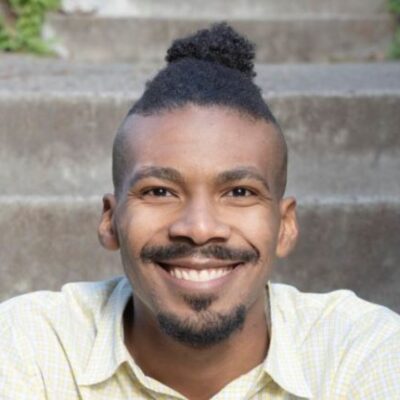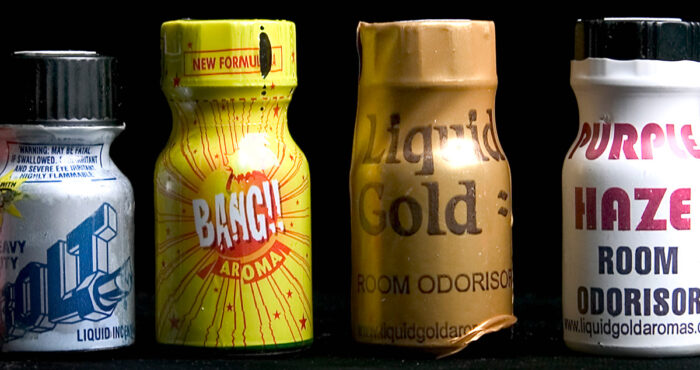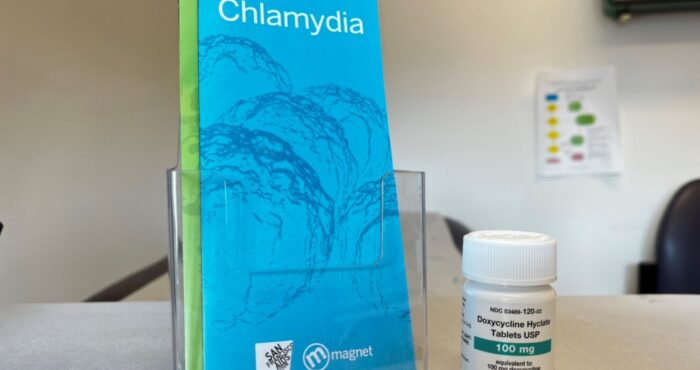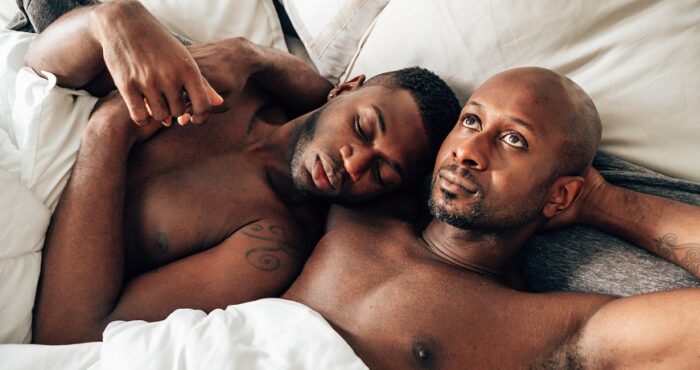Efforts to erase LGBTQ sex education topics from public school curriculum are growing in GOP-led state legislatures and sweeping moves are tightening in Arizona, Tennessee, Idaho, and Missouri. These policymakers would rather punish LGBTQ people for being who they are than provide them with information and educational resources to live healthy, successful lives. In what has become our nation’s latest culture war, it’s disheartening to know that LGBTQ youth stand to lose the most.
Already, there’s no national mandate for sexual education, and for the few states that do offer it, LGBTQ topics are disregarded or degraded. Non-profit organization Sex Ed For Social Change, states, “nine states require educators to portray homosexuality in a negative manner or do not allow them to speak about LGBTQ individuals.” This points to the dismal state of LGBTQ sexual education as-is. Additional efforts to hide this information will only further disempower queer youth.
One of the ways I can resist these recent efforts is by sharing my story of what I didn’t learn in sex ed. This article is a continuation of the first.
1. Pleasure can come in multiple forms.
For many people, sexual education de-emphasizes pleasure and emphasizes risk. Youth lose sight of the benefits that a healthy sex life can provide, and are unable to visualize the many ways they are able to please themselves and meet their needs for intimacy, play, and self-expression. There are also many ways that people can receive pleasure–polyamory, phone sex, adult toys, and more. Ethical Slut offers new ways of being in relationship with individuals. It’s the bible for non-traditional relationships. COVID-19 and our fear of physical touching taught us the power of phone sex, and these are learned lessons we can continue to carry with us. And with adult toys, there is a laundry list of do’s and don’ts. Do not, for example, use silicone lube on silicone toys, because the silicone of the lube can break down the toy’s material. Always use water-based lube on silicone toys.
2. How to give consent & How to say no
We may have at least been taught that consent is important, but we don’t learn the nuances of communication when we’re in the moment. As I’ve grown older, I realized that “I’m getting tired,” or “I have an early morning tomorrow” are indirect ways a potential sexual partner may revoke consent. It’s also important to understand that at any point, for any reason, a person can revoke consent. Even if we’ve begun ripping off each other’s clothes voraciously, any person can later decide that they no longer want to continue. It is vulnerable receive rejection, and it’s also extremely vulnerable to tell someone you’re no longer interested. It takes maturity to acknowledge that the best shared sexual experience comes from both partners being super, super, super excited about being together. Simply put, your experience won’t reach its full potential when your partner’s experience isn’t the most pleasurable. Sometimes it pays to wait for the right moment. And if just the thought of rejecting someone or hearing rejection scares you or angers you, please, please deeply consider choosing to not engage in sexual activity until you’re more comfortable navigating the level of communication needed to protect yourself and others. This video explains it succinctly:
3. Mental health is sexual health
The irony is that even if GOP politicians are unsuccessful in their attempts to further limit LGBTQ sexual health education, the mere discussion of the topic is enough to impact the sex lives of queer youth. Consider a 2020 Trevor report that found that “86% of LGBTQ youth said that recent politics have negatively impacted their well-being.” If we don’t feel safe, we’re not likely to fully realize our sexual potential. That’s because mental health is sexual health. No wonder so many drugs that impact our brain health also have sexual side effects. Mental health also determines if we believe we are worthy of sex and healthy sexual relationships.
4. You get to decide what sex means to you
I believe I lost my virginity the moment I had oral sex with my first partner. Because this person is still in my life as a friend, he once retorted, “We didn’t have sex.” To some people (e.g. Bill Clinton), I have realized that oral sex really isn’t sex, but to me it is. In fact, I don’t even think orgasming is necessary for sex to have happened. This happens to be my definition, and I believe it’s just as valid as the individuals who have more conservative interpretations of sex. Because I find sex to be such an intimate, personal experience I want to affirm young readers that they are allowed to determine what sex means to them–especially since as queer people the way we have sex is often explained within a heteronormative context which doesn’t work for everyone.
Trying to give readers a sex education in two 1,000-word personal essays is impossible. These thoughts are just my own experience, and it’s likely there are many other things you could add to this list as well. We can’t go back and time and give ourselves the sex education we needed, but we can continue forward remaining curious and doing all that we can to empower ourselves now. The topics in this two-part series only start the conversation. Continue following the links, questioning, and discovering your body.










